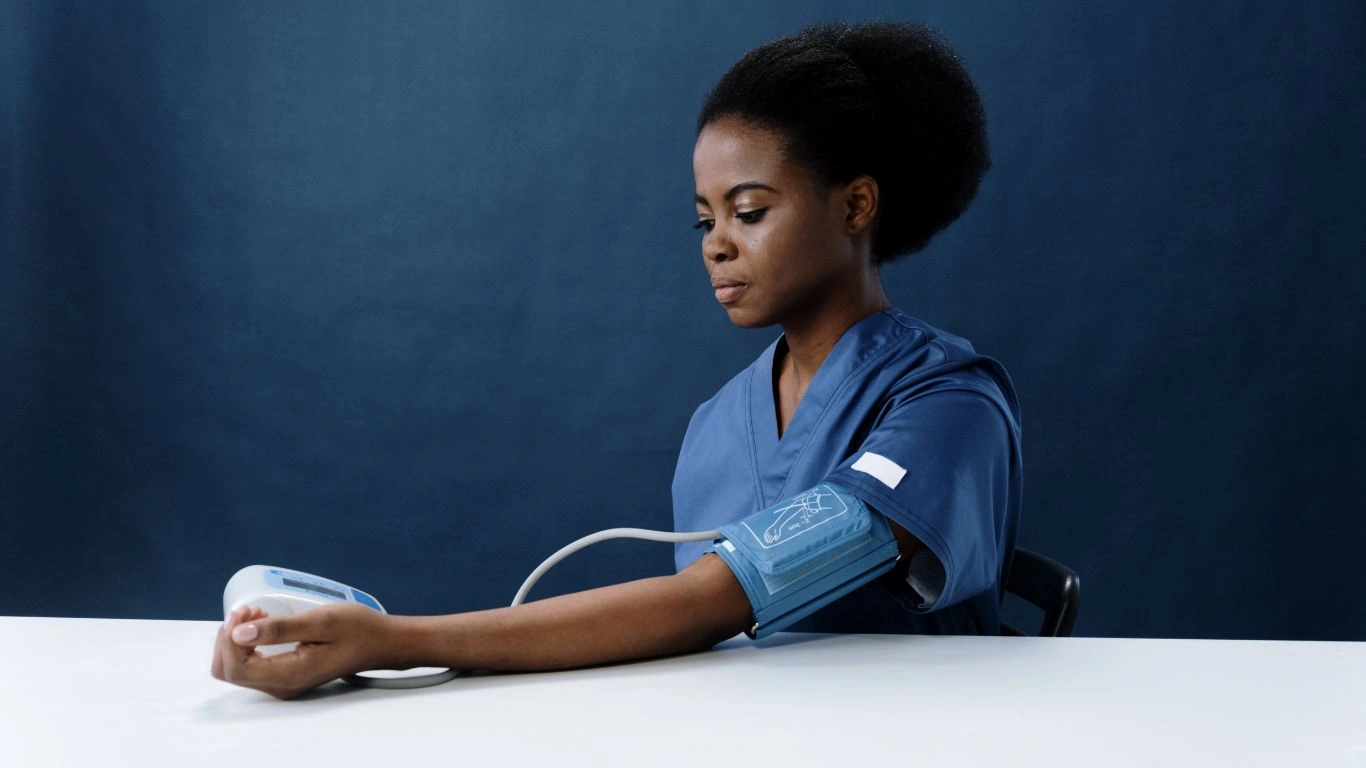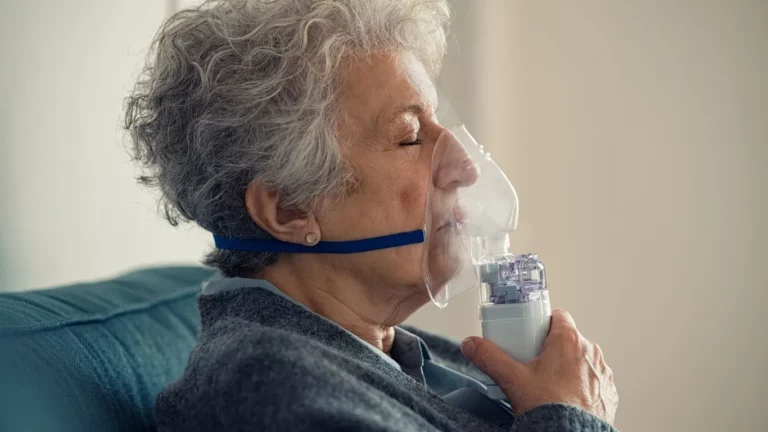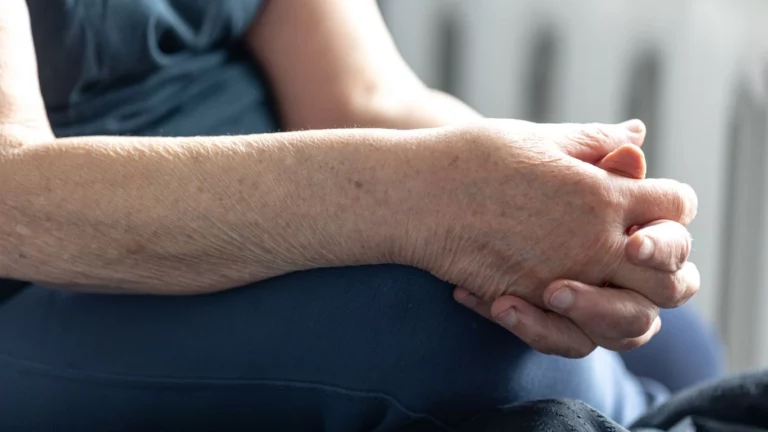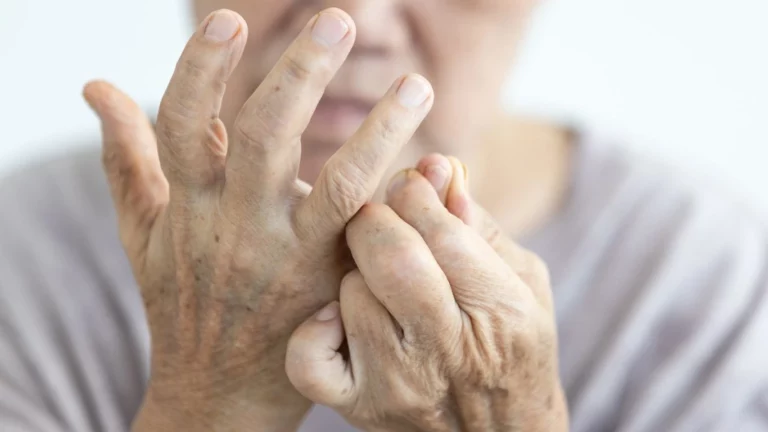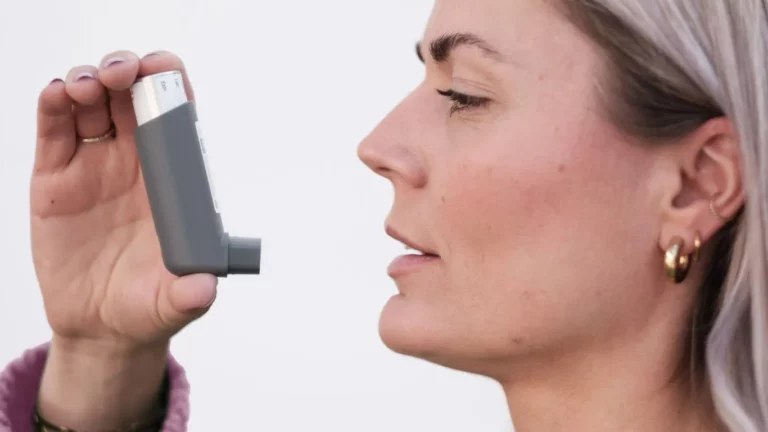Hypertension and Liver Health Correlation – What You Need to Know
Are you concerned about how hypertension might affect your liver? You’re not alone. In this article, we’ll explore the complex relationship between high blood pressure and liver health, uncovering the risks and offering tips for managing both conditions effectively.
Understanding Hypertension and Its Impact on Health
Before diving into the specifics of liver health, let’s take a moment to understand hypertension. Hypertension occurs when the force of your blood against the walls of your arteries is consistently too high. Over time, this can lead to serious health issues, such as heart disease, stroke, kidney damage, and yes—liver complications.
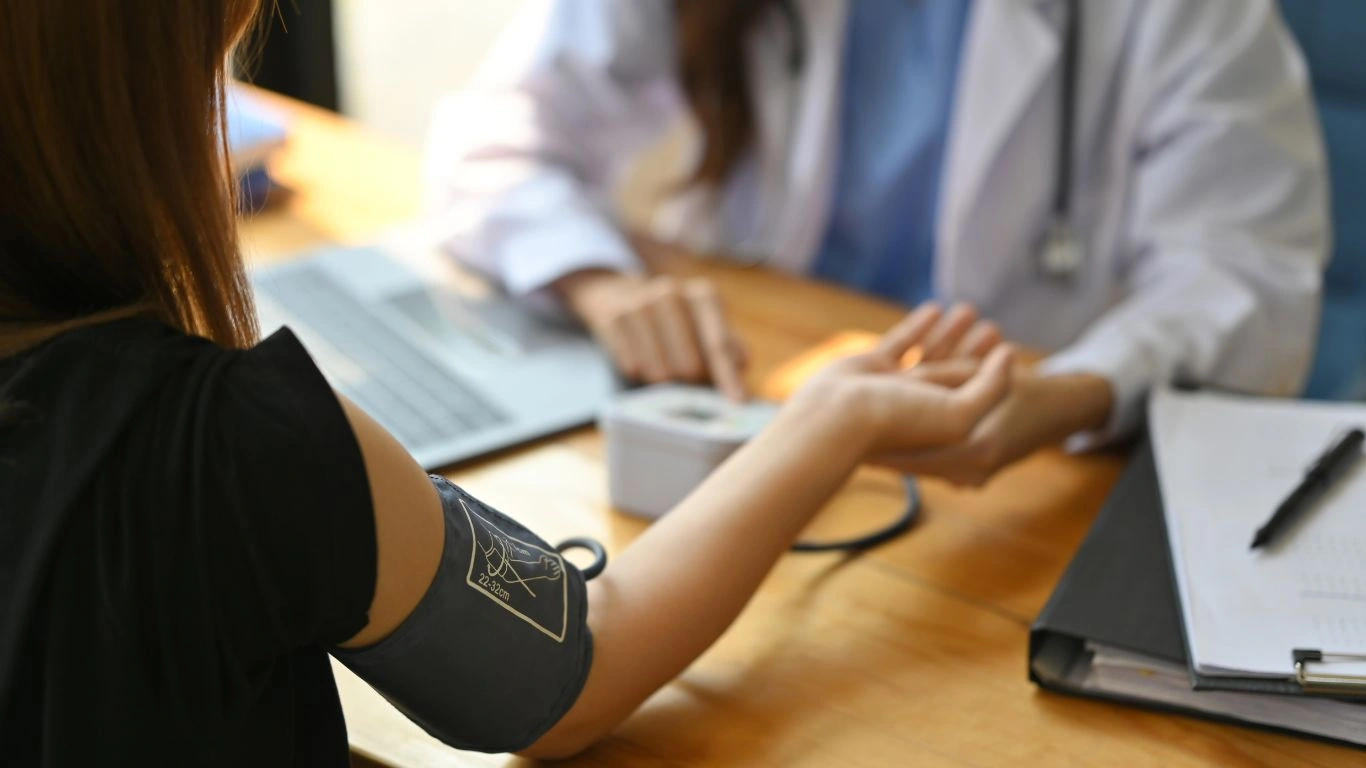
High blood pressure (hypertension) and liver health are two important aspects of our overall wellness that are often discussed separately. However, the connection between the two is more significant than many realize. If you’re dealing with hypertension or liver problems (or both!), understanding how they interact can help you take proactive steps to protect your health.
The Link Between Hypertension and Liver Health
Hypertension doesn’t directly cause liver disease, but it can certainly play a role in exacerbating liver problems. Here’s how:
1. Increased Risk of Fatty Liver Disease
Hypertension can contribute to non-alcoholic fatty liver disease (NAFLD), a condition where fat builds up in the liver without the influence of alcohol. This fat accumulation can cause liver inflammation, which over time can lead to fibrosis (scarring of liver tissue). High blood pressure is a known risk factor for this condition because it can cause damage to blood vessels, leading to reduced blood flow to the liver.
2. Portal Hypertension
Portal hypertension is a condition where the blood pressure in the portal vein (which carries blood from the digestive organs to the liver) rises. This is often due to cirrhosis (severe liver scarring) or other liver diseases. High blood pressure can worsen portal hypertension, leading to further complications, such as varices (enlarged veins) that can rupture, causing life-threatening bleeding.

3. Liver Cirrhosis and Hypertension
Cirrhosis, a late stage of scarring of the liver caused by various liver diseases (including alcohol abuse, hepatitis, and NAFLD), can be aggravated by hypertension. The elevated blood pressure makes it harder for blood to flow properly through the liver, contributing to more severe scarring and liver dysfunction. This can increase the risk of developing complications such as liver failure.
How High Blood Pressure Affects Liver Function
While hypertension doesn’t directly “damage” the liver, it affects liver function in several ways:
- Increased Workload on the Liver: Hypertension forces the liver to work harder to process blood and detoxify the body. Over time, this can lead to liver damage, especially if there is an underlying liver disease.
- Blood Vessel Damage: High blood pressure causes wear and tear on blood vessels. This damage can affect the liver’s vascular system, impairing its ability to efficiently filter toxins and waste from the bloodstream.
- Inflammation and Fatty Deposits: As hypertension contributes to fat buildup in the liver, this can lead to inflammation. Chronic inflammation is a precursor to fibrosis (liver scarring) and can accelerate the progression of liver disease.

Managing Hypertension to Protect Liver Health
If you have hypertension, it’s crucial to take steps to manage both your blood pressure and liver health. Here are a few strategies to help:
1. Monitor Your Blood Pressure Regularly
Regular monitoring of your blood pressure is essential. If your blood pressure is too high, follow your healthcare provider’s recommendations for treatment. Managing hypertension can help reduce the strain on your liver and other organs.
2. Eat a Liver-Friendly Diet
A healthy diet is essential for managing both hypertension and liver health. Focus on a balanced, nutrient-dense diet rich in fruits, vegetables, whole grains, and lean proteins. Avoid excessive salt, which can elevate blood pressure, and limit alcohol, which can worsen liver damage.
3. Exercise Regularly
Physical activity helps regulate blood pressure, improve circulation, and reduce fatty liver buildup. Aim for at least 30 minutes of moderate exercise, such as walking, cycling, or swimming, most days of the week.
4. Limit Alcohol Consumption
Excessive alcohol intake can contribute to both hypertension and liver disease. If you’re managing both conditions, it’s crucial to limit or avoid alcohol entirely to prevent further damage to your liver.
5. Take Medications as Prescribed
If your doctor has prescribed medication for hypertension, make sure to take it exactly as instructed. Medication can help keep your blood pressure within a healthy range, which can protect your liver from the negative effects of hypertension.
Signs You Shouldn’t Ignore
If you’re dealing with hypertension, it’s important to be aware of the signs that your liver may be affected as well. Symptoms such as jaundice (yellowing of the skin or eyes), unexplained weight loss, abdominal pain, swelling, or unusual fatigue should be addressed with your doctor immediately.
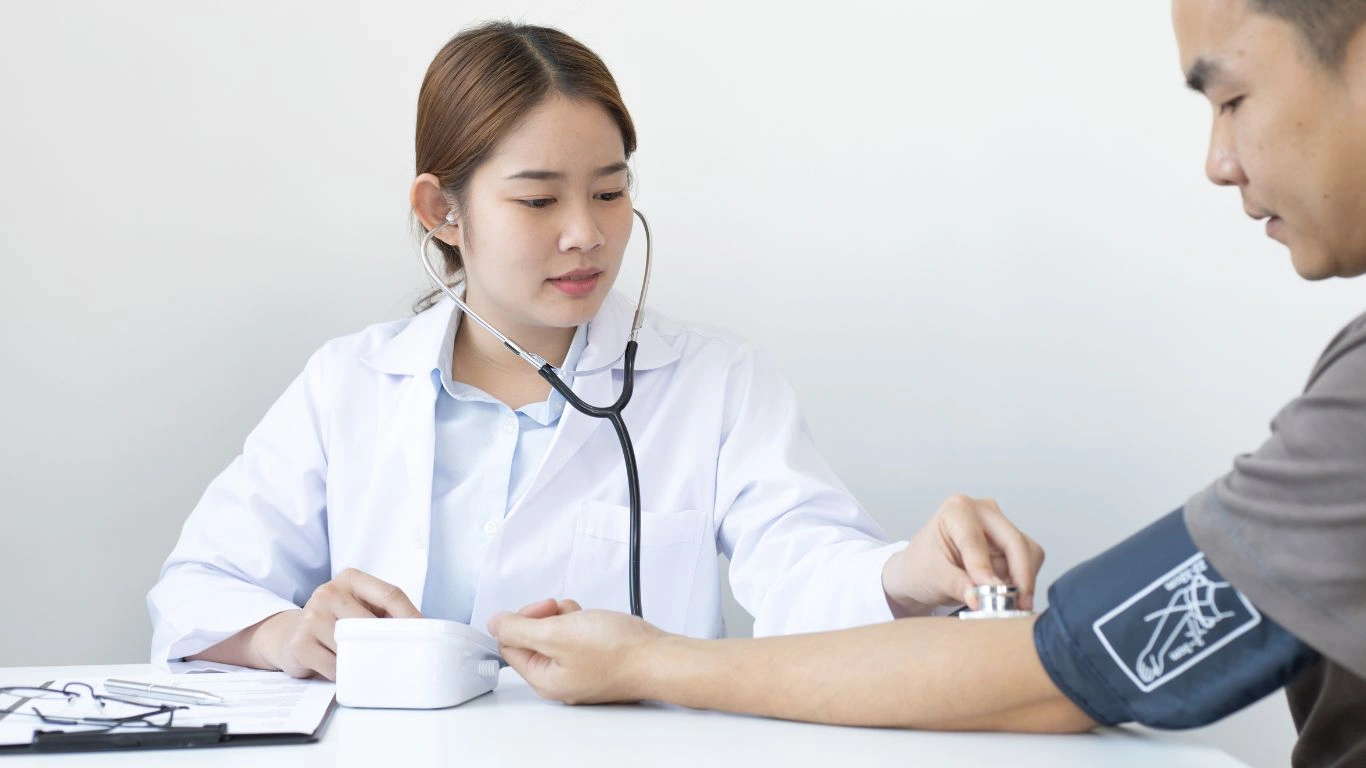
Conclusion
The connection between hypertension and liver health is a critical one. High blood pressure may not directly cause liver disease, but it can certainly make existing liver problems worse. Managing your blood pressure, eating a liver-friendly diet, exercising, and avoiding excessive alcohol consumption are key steps in protecting your liver and overall health.
Appendices
FAQs
- Can hypertension cause liver failure?
While hypertension doesn’t directly cause liver failure, it can worsen conditions like cirrhosis, leading to liver dysfunction and, in severe cases, liver failure.
- What’s the link between fatty liver disease and hypertension?
Hypertension can increase the risk of non-alcoholic fatty liver disease (NAFLD), which can progress to liver fibrosis and cirrhosis over time if left untreated.
- How can I lower my blood pressure to protect my liver?
A healthy diet, regular exercise, medication as prescribed, and stress management techniques can help lower blood pressure, which in turn protects your liver.
- Is it safe to drink alcohol if I have hypertension and liver issues?
It’s best to avoid alcohol if you have hypertension or liver disease, as alcohol can worsen both conditions and increase the risk of complications.
- What are the early signs of liver damage from hypertension?
Early signs include fatigue, swelling in the abdomen or legs, jaundice, and unexplained weight loss. If you experience these, consult your healthcare provider.
References
- National Institute of Diabetes and Digestive and Kidney Diseases (NIDDK). (2023). Fatty Liver Disease and High Blood Pressure: Understanding the Connection. Read Article
- American Heart Association. (2024). Managing High Blood Pressure to Protect Your Heart and Liver. Read Article
- Smith, J., & Harris, R. (2022). Hypertension and Liver Disease: A Clinical Perspective. Journal of Hypertension and Hepatology, 45(3), 200-212. Read Article
Disclaimer
The information provided in this article is for educational purposes only and should not replace professional medical advice. Always consult your healthcare provider for personalized recommendations regarding hypertension and liver health. Individual needs and treatment plans may vary.
